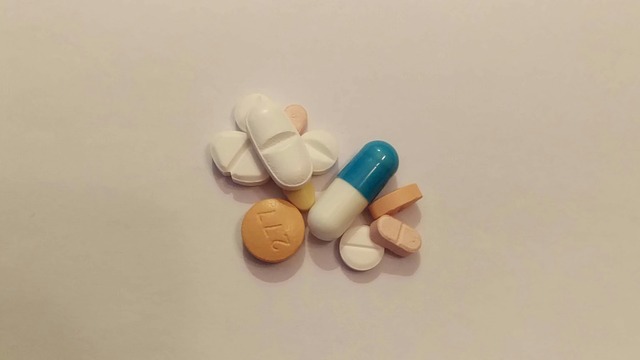A common heartburn drug might be raising the risk of an early death in patients, a new study says.
Proton pump inhibitors or PPIs are widely available in the US in both prescription and over-the-counter variations to treat heartburn. These medicines account for over $10 billion in annual sales, TIME reports.
But researchers examined data on 350,000 people who were prescribed heartburn drugs, either a PPI or H2 blockers, based on the US Veteran Affairs database. Tracking the patients’ health results for eight years, the researchers found that the patients who took PPIs (including esomeprazole, or Nexium, and lansoprazole, or Prevacid) had a 25% higher risk of death during the study period, compared to those who took H2 blockers (like famotidine, or Pepcid, and ranitidine, or Zantac).
In addition, the researchers compared millions of patients who took PPIs to those who did not take any medications for heartburn. They found that those who used PPIs had a 15% higher risk of dying early compared to non-PPI users, and a 23% higher risk of dying during the study.
The results remained the same even after the researchers factored in things like other conditions or being prone to infections that could trigger an early death.
While PPIs relieve indigestion by neutralizing stomach acids, they have also been linked to a higher risk of contracting pneumonia, kidney problems and hip fractures, since the drug can prevent calcium absorption and hinder bone development.
Other studies have shown that PPIs are frequently overprescribed, and the researchers say that much of the added risk may be in people who didn’t need the drug in the first place. People who did not have digestive problems but used PPIs were among those with the highest risk of dying early.
Doctors and patients alike should be more careful when prescribing and taking medications, the researchers say. Lifestyle changes could go a long way towards relieving heartburn without the need for drugs, and PPIs need to be taken in the right amount to ensure the benefits outweigh the risks.
The study was published in BMJ Open.
























